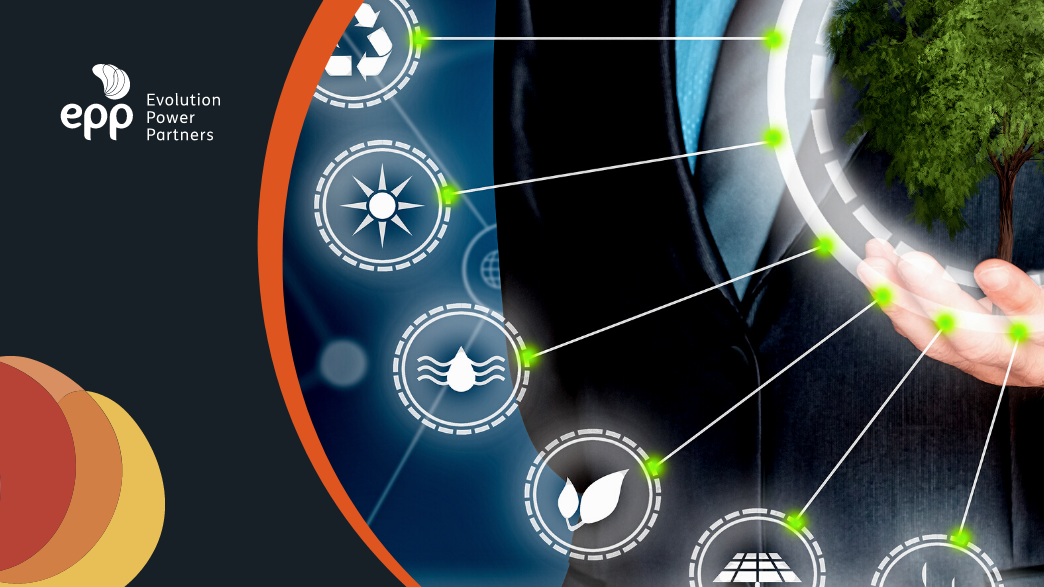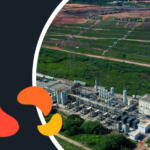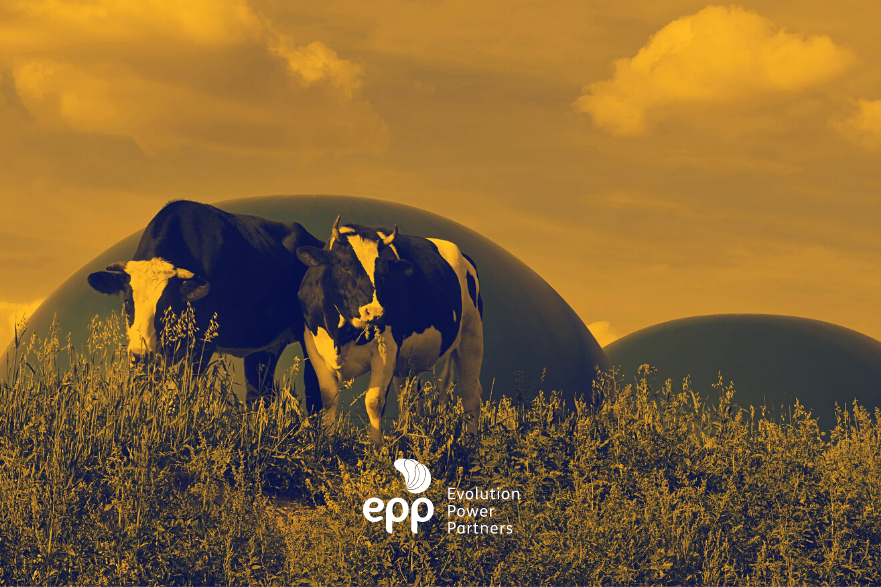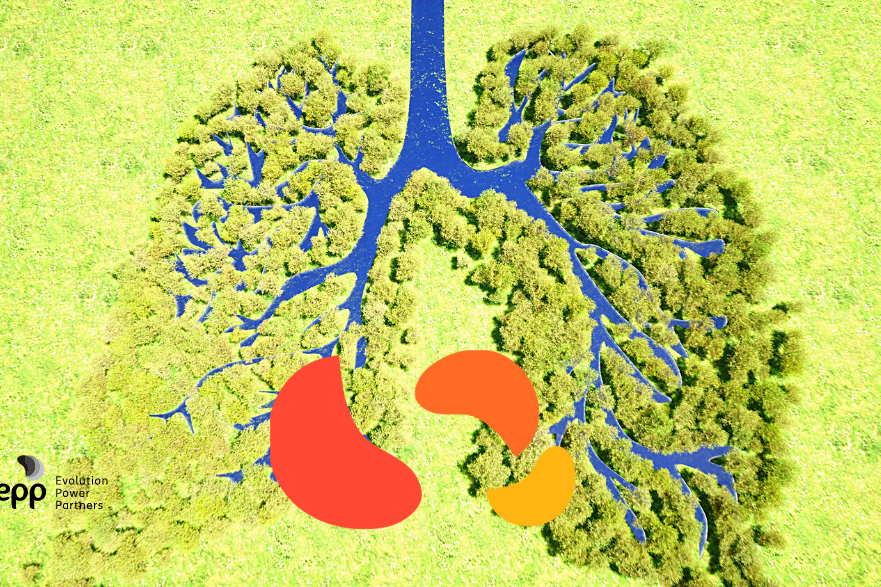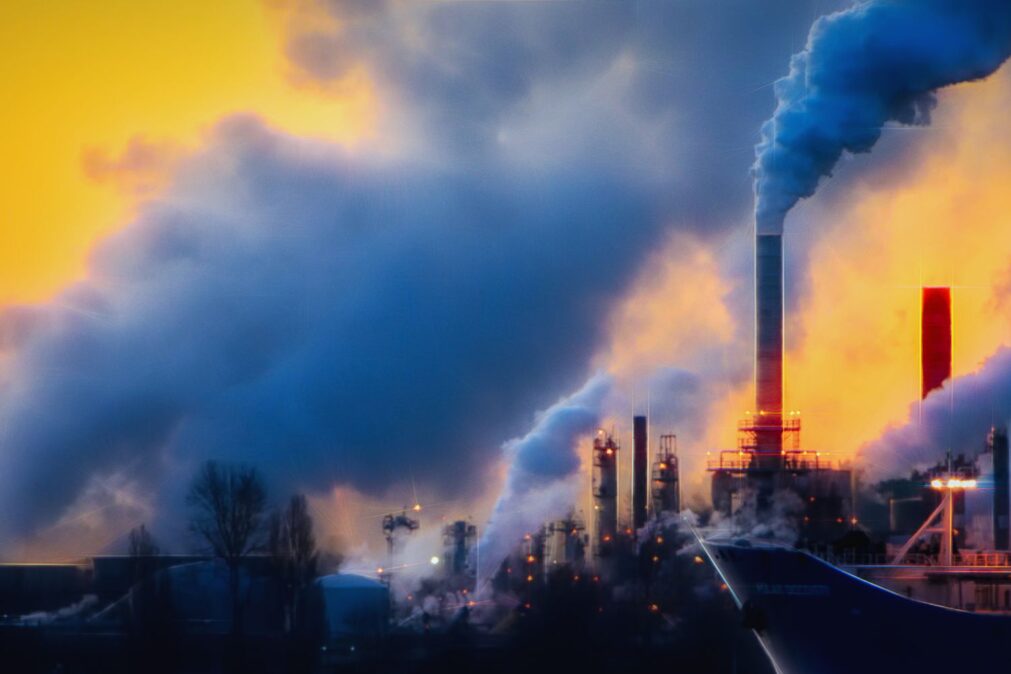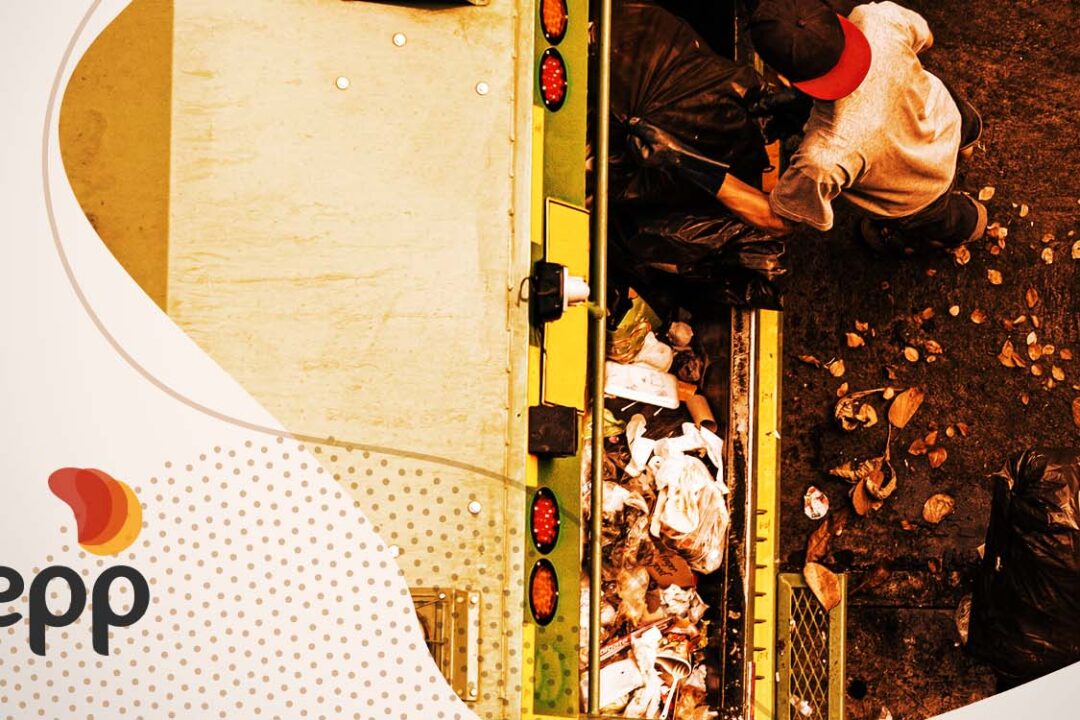Energy security refers to the supply and availability of energy services at all times, in sufficient quantity at affordable prices.
What are Brazil’s challenges in terms of energy security? The annual consumption of electricity in the country is 555 TWh (Terawatt-hour), with an average growth in the last ten years of 4% per year, according to the International Energy Agency (IEA).
With this level of demand, the need to make investments to guarantee supply increases in the country. After the 2001 blackout and the 2021 water crisis, energy security has become one of the most urgent issues for the country’s development.
What is energy security?
Energy security is associated with the guarantee of energy, with prices accessible to all consumers and the incorporation of renewable sources in the matrix. In other words, a country’s energy security is linked to the government’s ability to maintain supply to the entire population, free from threats to energy generation.
According to the Energy Research Company (EPE), in 2020, 83% of the Brazilian electricity matrix was renewable, with almost 66% of energy production coming from hydroelectric plants. In other words, although the matrix is predominantly clean, it still does not guarantee the necessary energy security as it is mostly dependent on a single source.
In 2000, Brazil went through an energy crisis and blackout, and in 2021, due to the lack of rain, the country again had to resort to other sources, such as thermoelectric plants, to maintain supply. Thus, the country needs to find alternatives to guarantee its security of supply without depending on fossil sources or the need to import from neighboring countries.
Brazil’s challenges
According to the 2020 National Energy Balance, prepared by the Energy Research Company (EPE), the energy supply in Brazil is divided into non-renewable energy sources (53.9%) and renewable energy sources (46.1% ).
In other words, although the electricity matrix is clean, the country still depends on non-renewable sources to guarantee domestic supply. Gas, for example, is a quoted source for the energy transition, but it still faces legal obstacles.
Therefore, one of the challenges that still impedes the development of the energy sectors is the regulations or the lack of legal certainty that attracts investors. In addition, the lack of investment in infrastructure is one of the points that impedes energy security. Whether for generation, transmission or distribution, it is essential to expand public policies, in addition to creating projects more focused on energy efficiency.
In the last twenty years, Brazil started to diversify its energy matrix, mainly with the Distributed Generation, which allows the self-production of energy. With centralized production, there is less energy loss with transmission.
In these projects, it is necessary to use renewable sources. Urca Energia became the largest biomethane producer in Brazil with the acquisition of Gás Verde and EVA Energia operates in the distributed generation of renewable energy for companies of different sizes, offering sustainable solutions. Generating energy from our own biogas plants from sanitary landfills and swine farming.
Going beyond internal energy security, with the country’s ability to generate clean energy, it is possible for Brazil to become a world energy power, becoming a reference in clean and renewable energy.
Therefore, it is essential for the country to improve its energy security. After all, it is important to promote sustainable development, boosting economic growth and, especially, reducing inequality. If you liked this content and want to check out other news, follow us on social media
